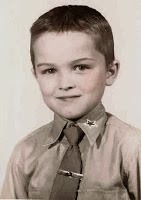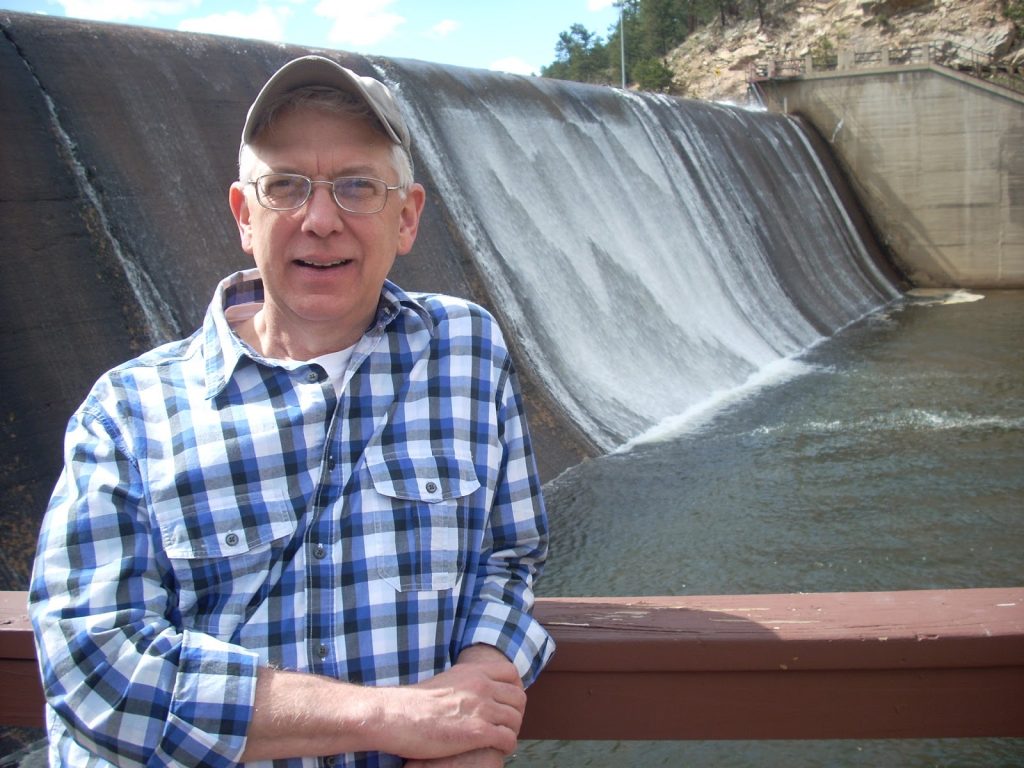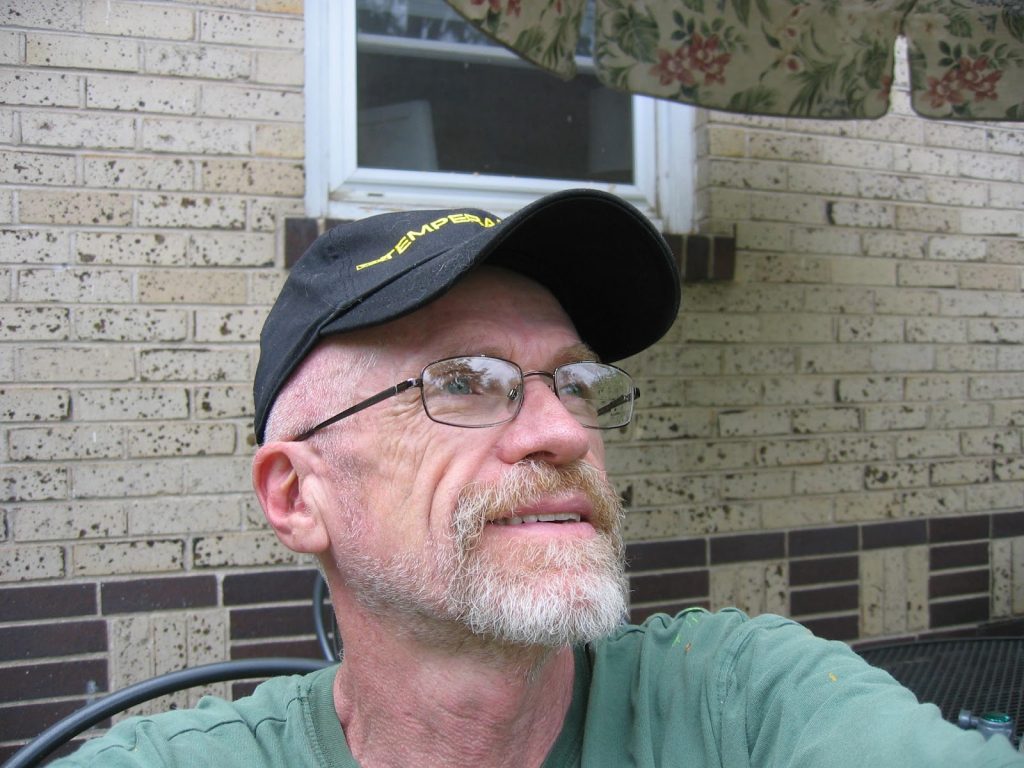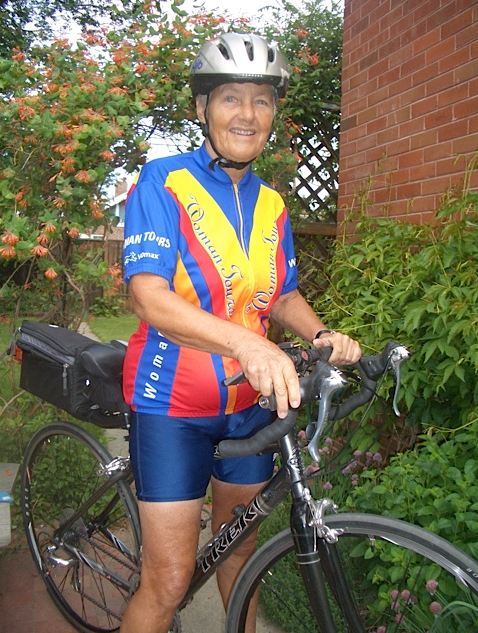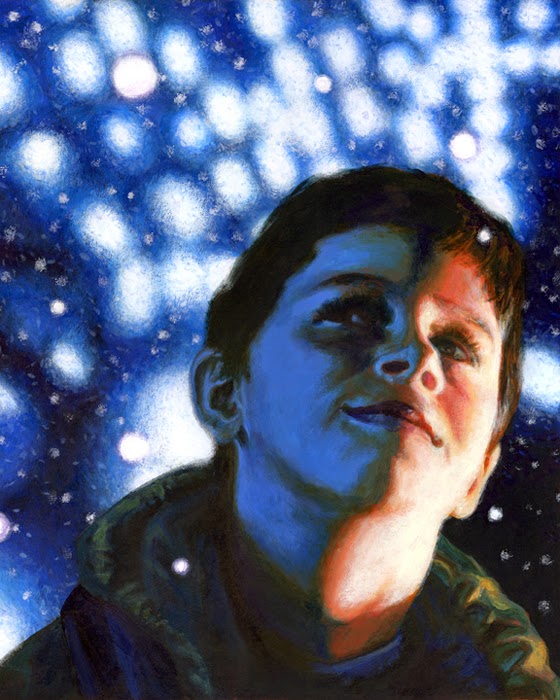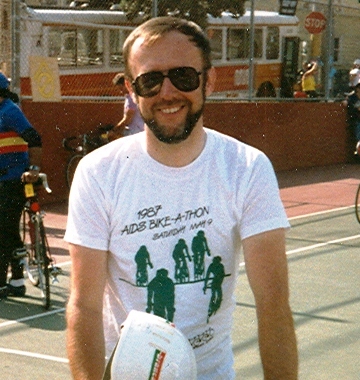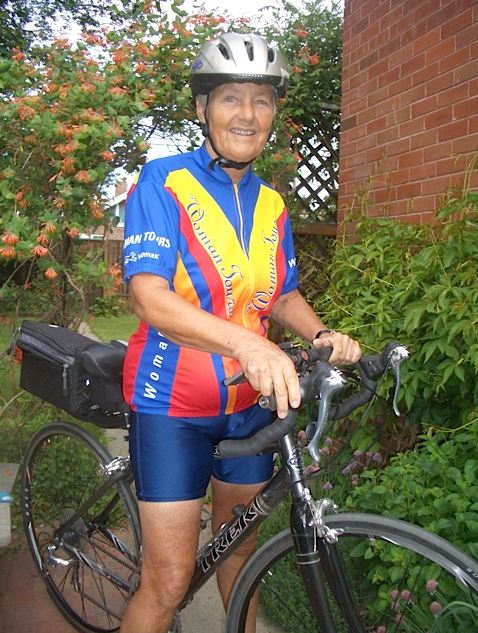Part 1 – Ballet
I am not a connoisseur of ballet. My experiences with ballet being limited to a television performance of The Nutcracker, a portion of Swan Lake, and a glimpse of what it takes to become a ballet dancer in the movie Billy Elliot. You can understand then when I say I basically have no vast collection of ballet memories upon which to evaluate any ballet, let alone enough knowledge to judge one performance as being “great” compared to all the others. Having explained my lack of background, I will do it anyway.
This past week, I did watch a ballet that I had recorded on my DVR off the Rocky Mountain PBS channel, a ballet performed by the Milwaukie Ballet that is titled Peter Pan. Many of you already know that Peter Pan is my favorite childhood story and should not be surprised that I would want to watch it. I desired to watch this ballet not because I love ballet, but because I didn’t think that with such a varied and complicated story background, anyone could adequately stage and perform a ballet to do justice to the story. I wanted to see how the choreographer and composer along with all the other persons involved in the production could actually create a decent performance of a great story.
Put together a great performance they did. I can’t comment on the quality of the dancing or compare the dancers to other ballet performers, but I can say that I loved their skill and the talent displayed in this performance. The choreography, music, costumes, and set design were appropriate. The technical application of flying was skillfully done and Peter’s dance with his “shadow” was creative, unexpected, and very well done. Another technical achievement was Tinker Bell’s costume of multi-colored lights and the occasional transitions from live dancer to traveling balls of light sometimes on the walls and sometimes in Peter’s hand.
Another unexpected treat was the interesting way the audience was involved in the “Do You Believe in Fairies?” scene. Ballets being void of speaking (at least in my experience), the scene had to be silent and yet the audience was able to participate by waving small fiber-optic flashlights at the appropriate time.
All-in-all, I believe this was a great performance.
Part 2 – Summer Sausage
From about 1989 until 1997, I worked for the South Dakota Division of Emergency Management, the state equivalent of the Federal Emergency Management Agency known by its acronym, FEMA. My position was titled the State Hazard Mitigation Officer. South Dakota had several federally declared natural disasters during the time I was serving there. The disasters were mostly flood, drought, and tornado related. By the time I departed, I managed about $50M in disaster mitigation project funds.
After local government jurisdictions submitted their project applications and the “state” selected which ones to recommend to FEMA for approval, FEMA would send a team of two young grant professionals to visit each proposed site and further evaluate the proposed project in relation to the site to verify that it was not only feasible but also would actually mitigate the problem caused by the disaster.
On one such visit by the FEMA team, I was part of a “great performance.” I will call the two team members Bill and Ted because I am reporting their “excellent adventure.” We all traveled in their FEMA rented car to visit project locations throughout the state. Our first stop was in Yankton. We stopped at the motel in which we would spend the night and began to check-in. I went first, followed by Bill and then Ted. We were all chatting with the clerk and Ted most of all. When the clerk slid Ted’s credit card back to Ted, I was standing by Ted’s side and reached in and slid the card off the counter and gave it to Bill who was standing behind me. (Anyone who knows me well enough will not be surprised by my action.)
Ted never noticed and put his wallet away. While still standing at the desk, I suggested that we go to dinner next, and Bill, while putting Ted’s credit card in his wallet, said, “I’ll even buy dinner.” I choked back a laugh and the clerk started to smile and laugh quietly also. Bill did buy Ted’s dinner, but on Bill’s own card. I bought my own. The next morning we all left for our next destination with Ted still not knowing that Bill had his credit card.
Once again we arrived at a motel and Ted, Bill, and I went in and registered. Ted was first to register and for some reason he could not find his credit card. Bill and I suggested that perhaps he left it at the previous night’s motel and that he should call the motel and check. Ted used his cell phone to do just that but to no avail. I finally suggested that maybe he just overlooked it in his wallet. Ted had checked his wallet several times before I suggested it, but it still wasn’t there when he checked again.
Bill and I were just dripping with empathy, sincerity, and concern for Ted. It was a great performance up to that point. I suggested to Ted that perhaps the card had somehow fallen out of his wallet and was somewhere around the driver’s seat in the car. Ted, being desperate at this point, went out to check and left his wallet on the desk as he did so. Bill immediately put Ted’s credit card back in the wallet, at which point the desk clerk cracked up laughing. We even had time to explain how we had gotten it away from Ted the night before.
Ted returned from the car totally crestfallen and defeated. Bill suggested that he check his wallet one more time very carefully. Ted resisted but then looked and found his credit card almost immediately. Of course the clerk, Bill, and I were appropriately happy for him, again dripping with sincerity. Ted never did catch on. I was the last to register so the other two had gone ahead to move the car and to locate their rooms. The clerk gave me 10 extra coupons for a free small French fry at a hamburger chain because we had given her such wonderful entertainment. Yes, this was a great performance, but nothing like the one the next day.
We were on the way to a very small town in NE South Dakota when I decided that another great performance was needed. So, I told Bill and Ted that we were going to a small town in a part of South Dakota where people were not fond of federal officials and that a couple of them had “disappeared” in the past two years while in that region and suggested that they be very polite and agreeable. I told them that we were going to meet with the mayor of the town to visit and discuss the project. I also told them that we would meet the mayor at his butcher shop.
Upon arrival, the mayor was in the “workroom” in back of the shop so we waited in the lobby-display or sales area. Ted noticed a display of Summer Sausages and we all began to discuss how much we like summer sausage. I made a small comment that maybe the missing federal officials had been turned into summer sausage. Bill and Ted suddenly got very quiet and thoughtful.
The mayor finished his business in the workroom and we all went outside and walked around the town for a while viewing the proposed projects various locations. The mayor explained his vision on how the project would mitigate some flooding in his town. The tour ended up in front of his butcher shop where it began. About that time, a butcher’s assistant came out the front door and told the mayor that they were ready for him. The mayor asked us to wait as he had to go butcher a hog and he went inside. After a minute, Bill said he had never seen a hog butchered and wanted to watch. Putting words to action, he began to walk along the side of the building towards the rear of it. I called to him and said, “Stop. Haven’t you ever seen the movies where someone is told to wait but doesn’t and sees something he shouldn’t have seen and gets killed over it?” Bill stopped dead in his tracks and looked back at me. Before he could say anything in rebuttal, there was a gunshot from behind the building and Bill came back to where I was faster than when he left.
We then went in the shop’s front door and waited for the mayor to return, which he did momentarily. We all made a bit of small talk and prepared to leave for our next destination. The mayor said wait a minute I have something for you and went back into the workroom. I said, “Oh oh” and obviously but slowly moved away from Bill and Ted in the general direction of the front door. I could tell by their faces that they were not calm but not sure what to do. The mayor came back about then and handed each of us a tube of Summer Sausage. We thanked him and left.
Once in the car, I made a comment that since this appeared to be fresh sausage, we didn’t need to worry about eating those missing federal officials. I never did tell Bill and Ted that I made up the whole background story. It was a great performance even if I do say so myself.
© 20 April 2014
About the Author
I was born in June of 1948 in Los Angeles, living first in Lawndale and then in Redondo Beach. Just prior to turning 8 years old in 1956, I began living with my grandparents on their farm in Isanti County, Minnesota for two years during which time my parents divorced.
When united with my mother and stepfather two years later in 1958, I lived first at Emerald Bay and then at South Lake Tahoe, California, graduating from South Tahoe High School in 1966. After three tours of duty with the Air Force, I moved to Denver, Colorado where I lived with my wife and four children until her passing away from complications of breast cancer four days after the 9-11 terrorist attack.
I came out as a gay man in the summer of 2010. I find writing these memories to be therapeutic.
